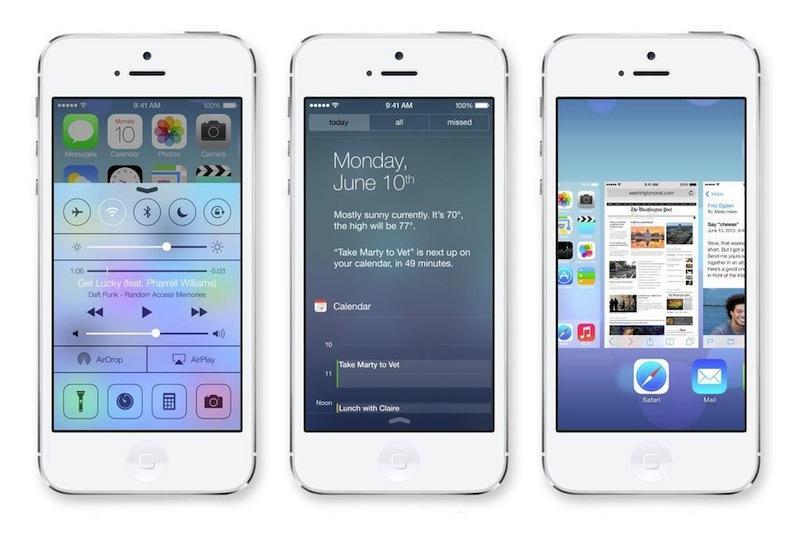 iOS 7 has been jailbroken, according to this morning's news. I really don't see the point, since the jailbreak will get patched up by subsequent beta versions, and it'll definitely get patched and fixed by the time the OS is released to the public. Of course, it will just get jailbroken again, but with all the advances and new features in iOS 7, why even jailbreak anymore?
iOS 7 has been jailbroken, according to this morning's news. I really don't see the point, since the jailbreak will get patched up by subsequent beta versions, and it'll definitely get patched and fixed by the time the OS is released to the public. Of course, it will just get jailbroken again, but with all the advances and new features in iOS 7, why even jailbreak anymore?
Some of the answers are simple and obvious. The things you can do with your iPhone grow exponentially, maybe, when you jailbreak it. Your options for customization are greater, you'll have access to a wealth of apps that aren't approved by Apple, you can unlock your phone easily and you can tether your device without paying a carrier's insane tethering fee. On the surface, these all sound like good things. So why not go ahead and jailbreak your device?
While jailbreaking your iPhone can give you cool options for customization, you're also introducing a lot of risk. Besides, one of the big reasons I used to jailbreak my iPhone was to have better lock screen options and notifications, and to have cool widgets and tweaks within the home screen. By the time iOS 6 rolled around, most of those things had been implemented by Apple, and it was arguably nicer than any of the hack jailbreak features brought along.
Having access to more apps is nice, too. Apple sometimes denies certain apps from the App Store for frivolous reasons, and the only way to get those kinds of apps is through secondary app stores only available to jailbroken iOS devices. However, my experiences with apps from Cydia and other stores has been inconsistent. You never really know if they're going to be stable, or if they'll just ruin your phone or leave it susceptible to viruses or other hacks. While it seems rare, security holes are more likely to occur on a jailbroken device than one that has been left alone. You'll have to decide whether the risk is worth the reward based on why you want to jailbreak your phone in the first place.
Another mild benefit of jailbreaking your iPhone is the ability to unlock it. When you unlock your iPhone, you're pretty much free to use it on any carrier you please. Sort of. In the U.S., if you have a GSM iPhone, you'll only be able to use it on AT&T or T-Mobile or a pre-paid carrier. Unless you travel to other countries often, the usefulness of having an unlocked iPhone seems slim other than the fact that you can probably charge more to sell it on eBay or Craigslist.
If you're thinking of tethering your iOS device without paying for that feature from your carrier, there are some drawbacks, too. It's nice to be able to use your iPhone or iPad to tether your laptop or tablet. If you're already paying for 2GB, 3GB or 5GB data packages, shouldn't you be able to use that data in any manner you wish? At the same time, that's the drawback: if you're going to jailbreak just to tether, your data restrictions are going to hold you back, anyway. Free tethering doesn't mean unlimited tethering. And for those of you with unlimited data plans, I'd like to see you rack up 20GB of data usage in a month and see how long you can keep that up before your account is flagged or shut down without notice.
The bottom line is that jailbreaking your iPhone, iPad or iPod touch seems to carry more risk than before. Most of the reasons I had to jailbreak have been alleviated by newer versions of iOS. The act of jailbreaking itself used to be a headache, until the one-click jailbreak was created, but even then, there were other issues to deal with. Jailbreaking was once legal, then illegal, then legal once again. But aside from a potentially unstable device, malicious apps and random reboots, there was no telling whether Apple would offer any support for your device once it was discovered that it was jailbroken.
For those of you that like to tinker, fiddle and hack, will you be jailbreaking iOS 7? If so, let me know why. I'm sure you have your reasons that I didn't cover in this article. I'd also like to know why you're willing to open up your $600-800 device to that kind of risk and potential damage.